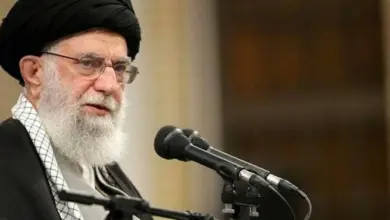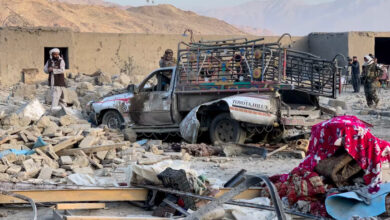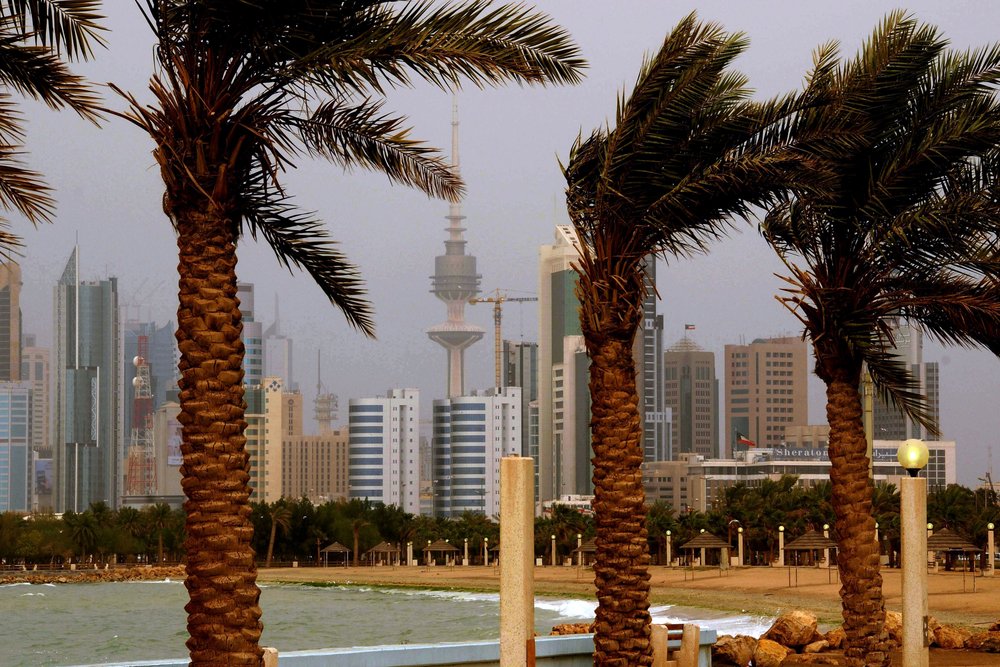The attention of the Egyptian public is being directed to trivial and ludicrous issues, such as whether or not a football player “gave the finger” in an Ahli-Zamalek match, or the failure to achieve reconciliation between Mortada Mansour and Ahmed Shoubeir–as if getting the latter two to kiss and make up were more important than reconciling feuding Palestinian factions.
Strangely enough, these trivial issues are being brought to the fore at a time when there are other more serious problems that threaten Egyptians’ very existence. In fact, Egypt is faced with two equally bitter alternatives–of either dying of thirst or death by drowning.
How will Egypt drown? The level of water in the Mediterranean Sea has risen as a result of climatic changes, threatening to submerge the Nile Delta, displace millions of people, engulf thousands of acres of agricultural land, dismantle factories and buildings, and eliminate towns and villages that Egyptians paid dearly to build.
How will Egypt die of thirst? Climatic changes have also caused a higher rate of evaporation from the Nile River. What’s more, most of the Nile source countries are rebelling against the two drainage basin countries–namely, Egypt and Sudan.
Their rebellion reached its zenith during the last meeting in Sharm al-Sheikh, where they complained that agreements determining each country’s water quotas were unfair since they were signed during the colonial era. They claim that African countries can’t be considered parties to these agreements, as they were under occupation at the time of signing. They even threatened to pen new agreements excluding Egypt and Sudan.
The Egyptian citizen’s share of freshwater is already limited, so what would happen if this share was reduced while the size of the national population increased by one million people every ten months or less? The Nile is the artery of life for Egyptians, satisfying some 97 percent of our water needs.
The alarm bells have been ringing for quite a while, but the thick-skinned Egyptian government has been turning a deaf ear. When it chose to respond, it simply reiterated empty slogans without taking any corrective action.
Let’s go back to May 2009, when Nile Basin countries convened in the Democratic Republic of Congo to discuss a legal and institutional framework to organize Nile water.
During that meeting, source countries made it clear they rejected 15 agreements–some bilateral and others regional–that govern the use of Nile water. Egypt, for its part, refused to endorse any agreement that didn’t incorporate provisions safeguarding Egypt’s historical share of Nile water.
Two months later, an emergency meeting was held in Alexandria that brought together foreign ministers of Nile Basin states. Sudan and Egypt were forewarned that they would be excluded from signing the agreement and were given a six-month grace period.
During that time, Foreign Ministry spokesperson Hossam Zaki warned source countries against believing “the false allegations promoted by invisible powers” that claimed Egypt was opposed to development programs in those countries. If anything, such statements indicate that the Egyptian Foreign Ministry is aware that there are “foreign countries” inciting source countries to adopt such positions.
How, then, can we face these conspiracies?
The Egyptian Foreign Ministry said it was satisfied with the statement issued by organizations, institutions and donor countries that finance the Nile Basin Initiative, warning source countries of the repercussions of signing an agreement to which Sudan and Egypt were not parties.
These “invisible” powers are no longer invisible–they’re as plain as day. Mahmoud Abu Zaid, former minister of water resources, warned in a March 2009 statement in the People’s Assembly against “the increasing American and Israeli influence in the Nile Basin region.” He said that Israel and the US were controlling these countries’ economies and were providing them with enormous financial and technical assistance.
Again, these plans were never secret. The idea of the “internationalization” of Nile water has come up before, and, at the time, Abu Zaid said the idea was ultimately intended to pressure Egypt to supply Tel Aviv with water.
So why isn’t Prime Minister Ahmed Nazif convening an emergency meeting to look into the matter? And why aren’t political parties from across the political spectrum concerned? Can we rightfully put off the examination of issues that affect our very existence?
Translated from the Arabic Edition.




